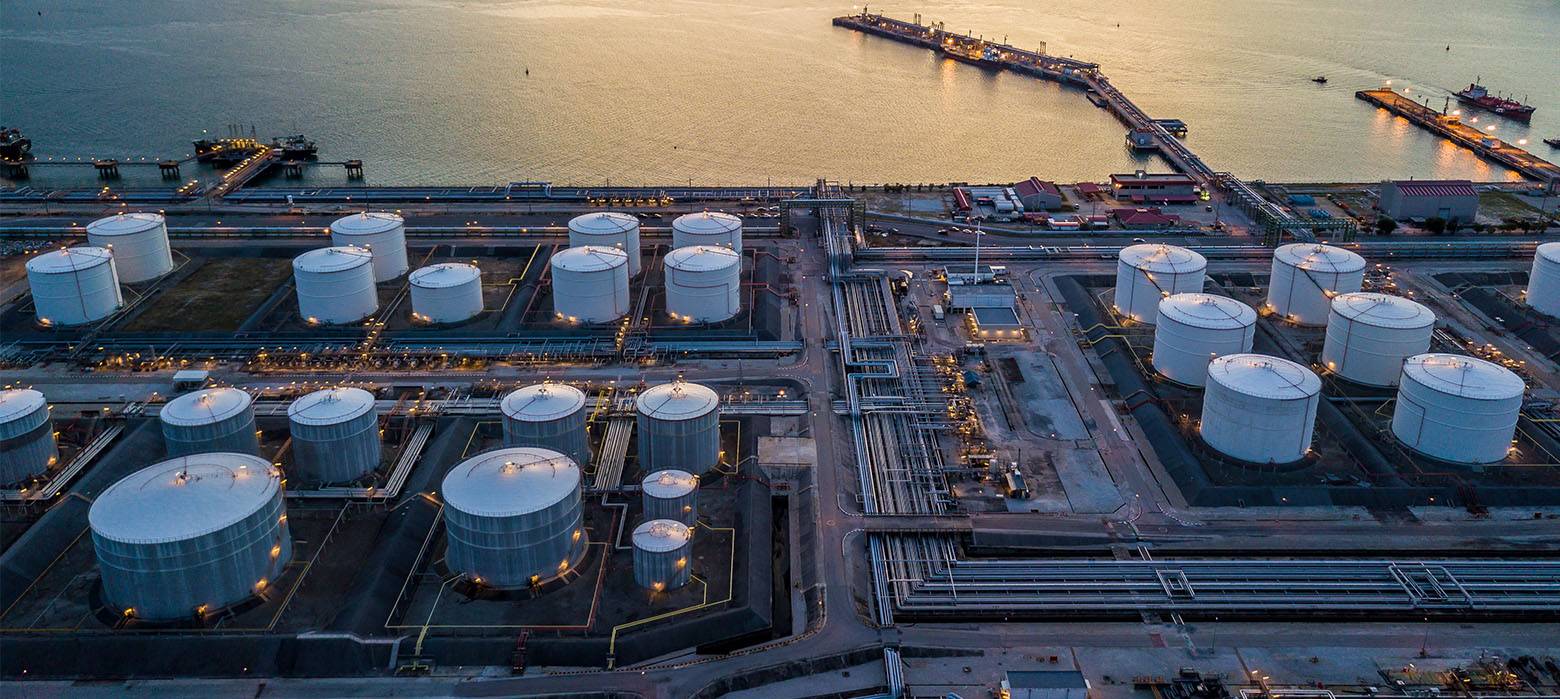
- admin
- November 18, 2020
Steel vs. Fiberglass vs. Plastic Water Storage Tanks: Which One’s the Best?
Water storage tanks are manufactured from a myriad of industrial materials, such as steel, fiberglass, and polyethylene plastic, to name a few.
They’re widely used for various purposes, such as cattle breeding, commercial water storage, horticulture, rainwater harvesting, irrigation, wine manufacturing, fire prevention, food production, chemical processes, and more.
The volume of industrial storage tanks can go up to a whopping 7,000,000 gallons!
If you’re wondering which one of these three types is best for storing water and why then you must understand what might work best for your needs. Keep reading to understand about steel, fiberglass, and plastic water tanks and buy the one that best suits your needs.
Polyethylene Industrial Storage Tanks
As the name suggests, these tanks are made up of polyethylene. Some of the significant advantages of using these tanks for water storage are as follows.
1. Polyethylene industrial storage tanks are widely available in numerous shapes, sizes, combinations, and colors, along with various connection options. So, water storage will never be an issue
2. They can be installed as either below- or above-ground storage tanks, and being lightweight, plastic water tanks can be transported, positioned, and relocated easily as per requirement sans the need of any heavy equipment.
3. Despite being lightweight, they’re not fragile and purpose-manufactured to resist ultraviolet damage as well as withstand harsh environments, which means that the taste and quality of your water will continue to remain the same over time.
4. Being incredibly adaptable and sporting a distinct monocoque design, these tanks don’t have any structural weak points.
5. They’re completely resistant to corrosion and rust.
6. Polyethylene industrial storage tanks are not prone to algae growth.
7. They’re less expensive than metal water tanks and outlast metal as well.
8. They’re not porous, which means that these tanks don’t let lime or any chemicals to pass through that could alter the taste of the water or damage the structure.
9. They’re less susceptible to developing cracks when compared to fiberglass tanks.
Fiberglass Industrial Storage Tanks
These tanks are made up of fiberglass. Some of the key advantages of using it as a water storage unit are as follows.
1. Fiberglass industrial storage tanks are available in different dimensions and can be installed as either below-ground or field-erected tanks.
2. Similar to the aforementioned polyethylene water tanks, they’re non-porous and resistant to chemicals as well, which means that both the quality and taste of the water will remain uncompromised.
In general, fiberglass tanks aren’t known to corrode.
Steel Industrial Storage Tanks
These water storage tanks are made up of steel. Here’re a few advantages of using these tanks for water storage.
1. Stainless steel industrial storage tanks come with a plethora of capacities and sizes.
2. They can withstand adverse conditions, including fire, and steel is known to be resistant to harmful ultraviolet rays as well.
3. Stainless steel water tanks are also not susceptible to environmental corrosion
Which Type of Water Tank is Best and Why?
So, here’re a few of the most frequently used types of water storage tanks. No doubt they all make an excellent selection, but if you’ve got a tight budget and are particularly looking for industrial storage tanks with incredible versatility in terms of a wide range of commercial liquid handling, exceptional durability, and super-low maintenance requirements, then it’s highly recommended to opt for the polyethylene variety.
Nevertheless, it’s imperative for you to select one that best suits your budget and requirements. Comment below and let us know the type of storage tank you think would best fit your needs.
- difference between steel
- fiberglass and plastic storage tanks
- water storage tanks
Category
- Above Ground Fuel Tanks
- Above Ground Gas Storage Tank
- Above Ground Storage Tanks
- Above Ground Water Storage Tanks
- Agricultural Tanks
- Chemical storage Tanks
- Diesel Fuel Storage Tanks
- Diesel Storage Tanks
- Exernal FloatingRoof Tanks
- Farm Water Tank
- Fiberglass Oil Tanks
- Fiberglass Septic Tanks
- Fiberglass Tanks
- Fiberglass Underground Fuel Storage Tanks
- Field Erected Tanks
- Floating Roof Tank
- Food and Beverage Tanks
- Fuel tank
- Industrial Chemical Storage Tanks
- Industrial Gas Tanks
- Industrial Hot Water Storage Tanks
- industrial hot water tank
- Industrial Plastic Tanks
- Industrial Storage Tanks
- Industrial Tank heating pads
- industrial tanks
- Natural gas
- Natural gas vs Propane
- oil storage tank
- Oil Storage Tanks
- Peracitic Acid
- Petroleum Tanks
- Residential gasoline storage tanks
- Residential Water Storage Tanks
- Sodium Hydroxide Storage Requirements
- Sodium Hypochlorite Storage Tanks
- Steel Storage Tanks
- storage tank failure prevention
- Storage Tanks
- Sulfuric Acid Tanks
- Uncategorized
- UnderGround Storage Tanks
- Waste water tank
- Water Storage Tanks

 Tank Size Calculator
Tank Size Calculator





